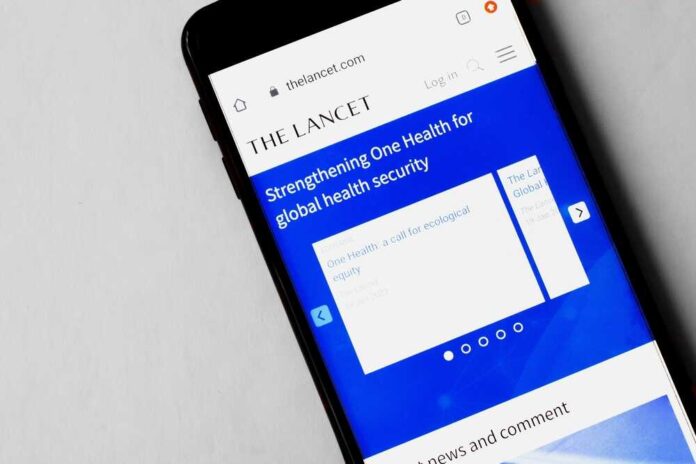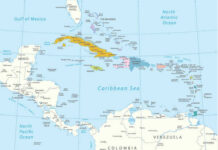
United Kingdom medical journal The Lancet – once a highly-regarded peer-reviewed source of science – is now urging a “revolutionary shift of perspective” from human-centric health care to “ecological equity” for all life.
In The Lancet’s latest volume, titled, “One Health: a call for ecological equity,” the organization advocates for “an integrated, unifying approach that aims to sustainably balance and optimize the health of people, animals, and ecosystems.”
The journal issue also claims that “the health of humans, domestic and wild animals, plants, and the wider environment (including ecosystems) are closely linked and interdependent.”
The Lancet then goes on to say that traditional health care represents “a purely anthropocentric view — that the human being is the center of medical attention and concern.” According to the journal, “One Health places us in an interconnected and interdependent relationship with non-human animals and the environment.”
How can we better prevent and prepare for future global health threats?
On Jan 26, discover the potential of a strengthened #OneHealth approach in a new Lancet Series launch.
🎟️ Register now: https://t.co/rfgi5UYreW @ChathamHouse
— The Lancet (@TheLancet) January 23, 2023
Breitbart reports:
“The revolutionary shift of perspective called for by One Health is based on the more progressive axiom that “all life is equal, and of equal concern,” the journal proposes, which means “addressing pressing health issues at the human–animal–environment interface.”
Such a shift “requires a complete change to our relationship with animals,” the Lancet asserts, which is why the journal recommends a transition “from an animal-based diet to a plant-based one, which not only benefits human health but also animal health and wellbeing.”
In its revolutionary proposal, the Lancet suggests that the life of a human being is not necessarily worth more than the life of any non-human animal.”
“In its truest sense, One Health is a call for ecological, not merely health, equity,” The Lancet’s radical journal issue concludes.
The Lancet’s first issue was released in 1823, nearly two hundred years ago. However, the once-prestigious paper is declining in influence and impact, according to the National Institute of Health.
It was ranked the 3rd most influential medical journal in 2000 by the NIH, but has since been leapfrogged by multiple rival institutions in recent ratings.














